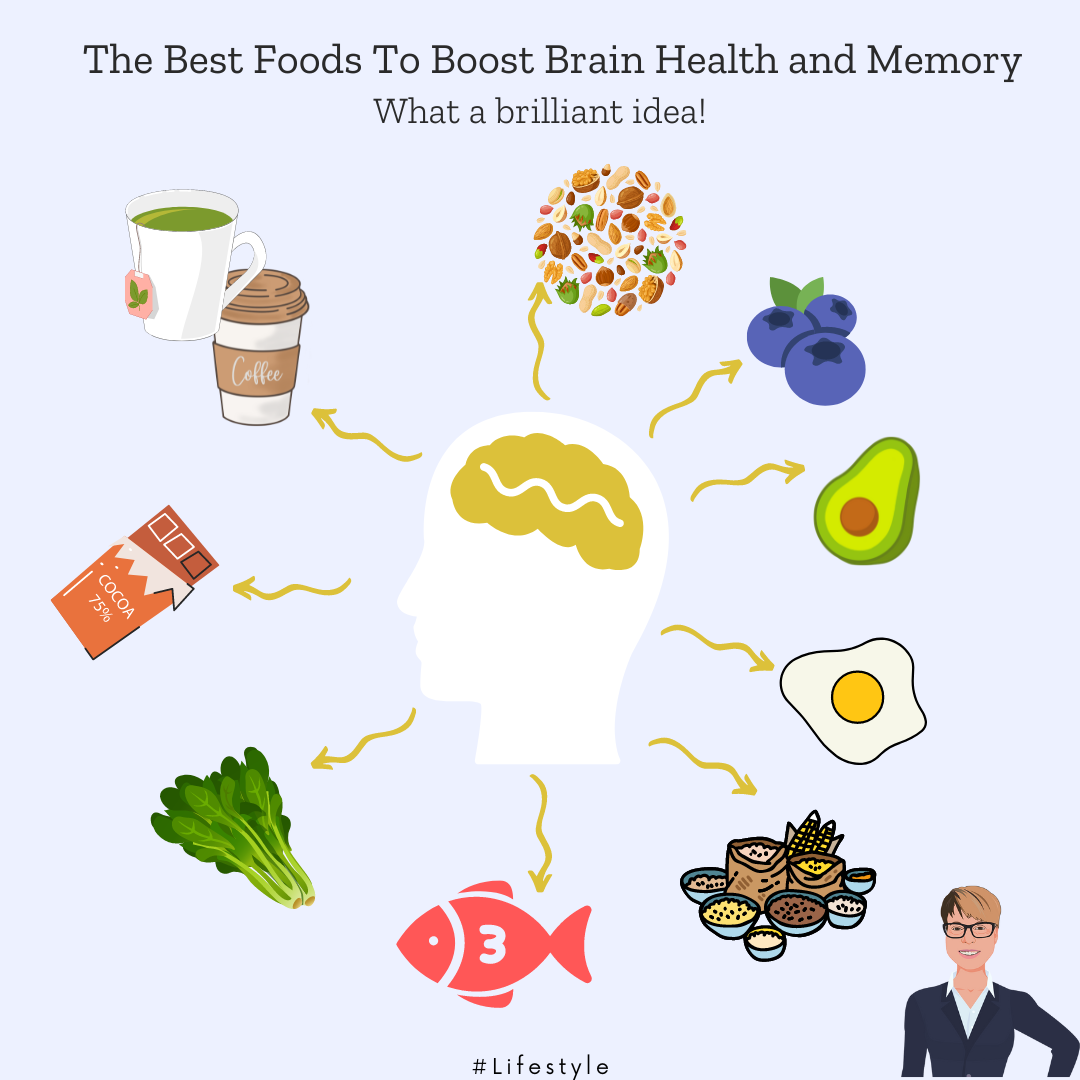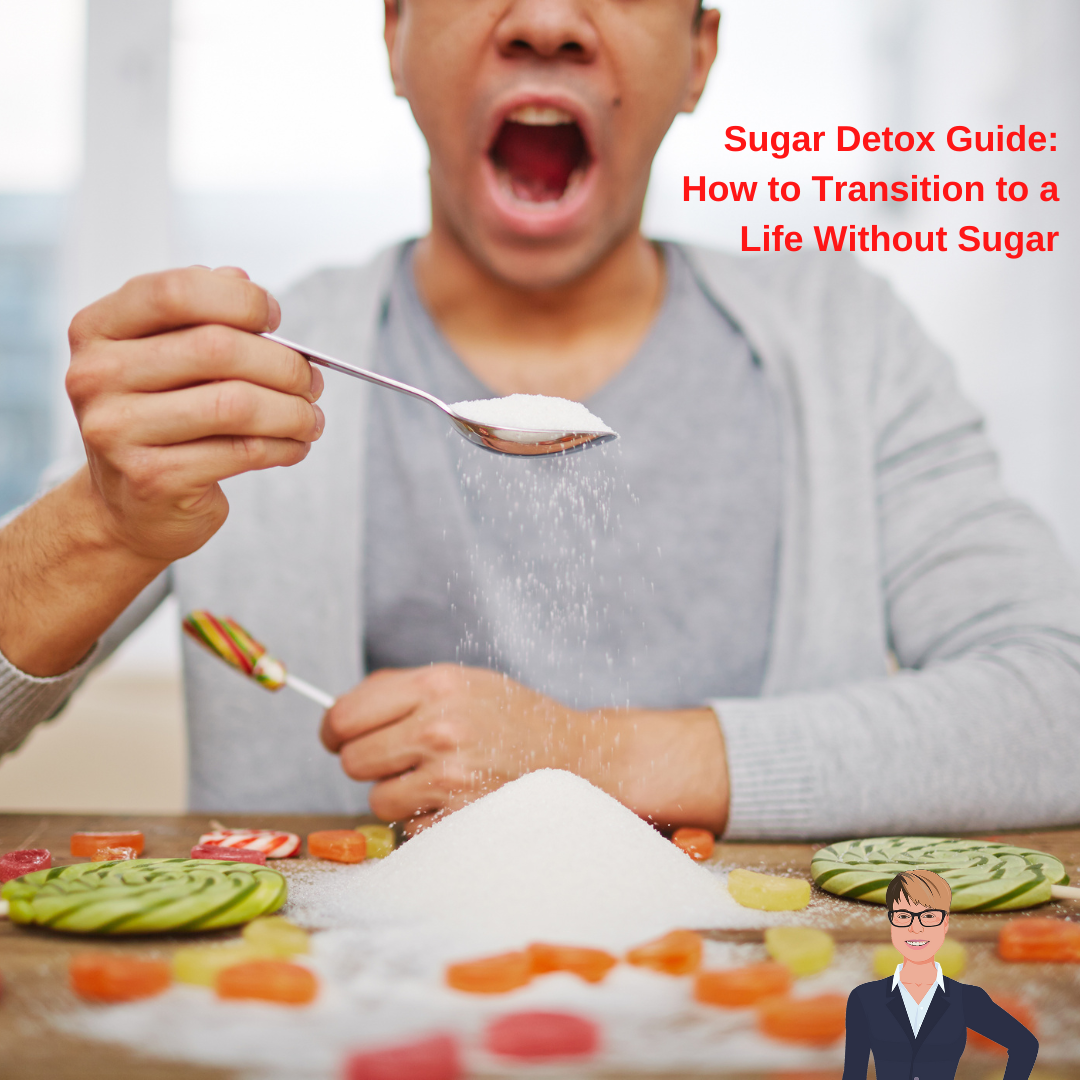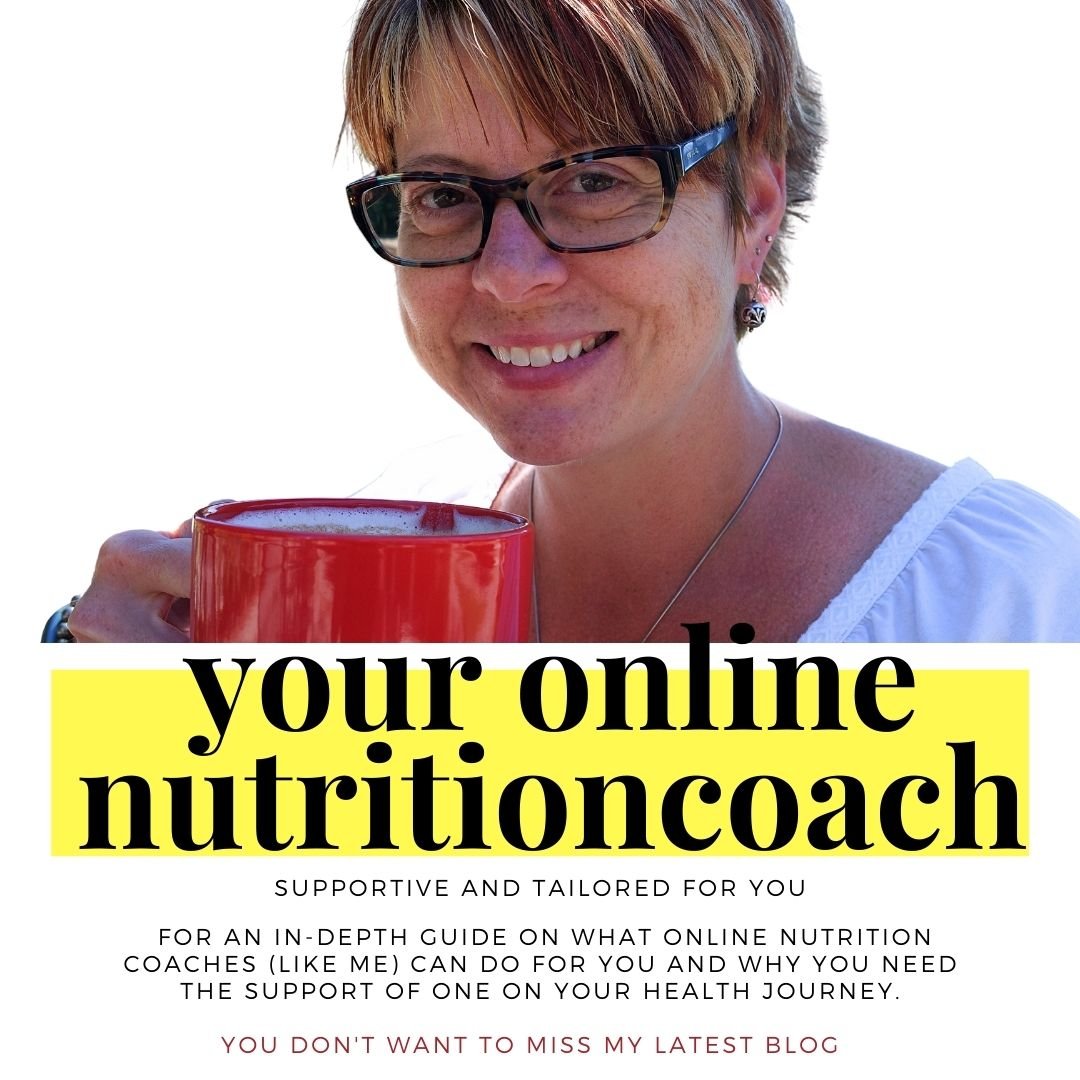How familiar are you with the relationship between nutrition and brain health?
Did you even realize there was a relationship?
The brain is arguably the most important organ in the body that controls all bodily functions. It burns a huge amount of calories and so it needs a huge amount of nutrients and oxygen in order to function properly.
Since you use the brain constantly, even when you sleep, you need to consume the best, healthiest, most nutrient-rich food that will support all its functions. Food that contains healthy fats, protein, and complex carbs will give the brain the energy it needs to keep you healthy, safe, and functioning at an optimal level.
Read this week’s blog to learn about the best foods for your brain health and memory, as well as how to implement them into your diet.
Read More
















